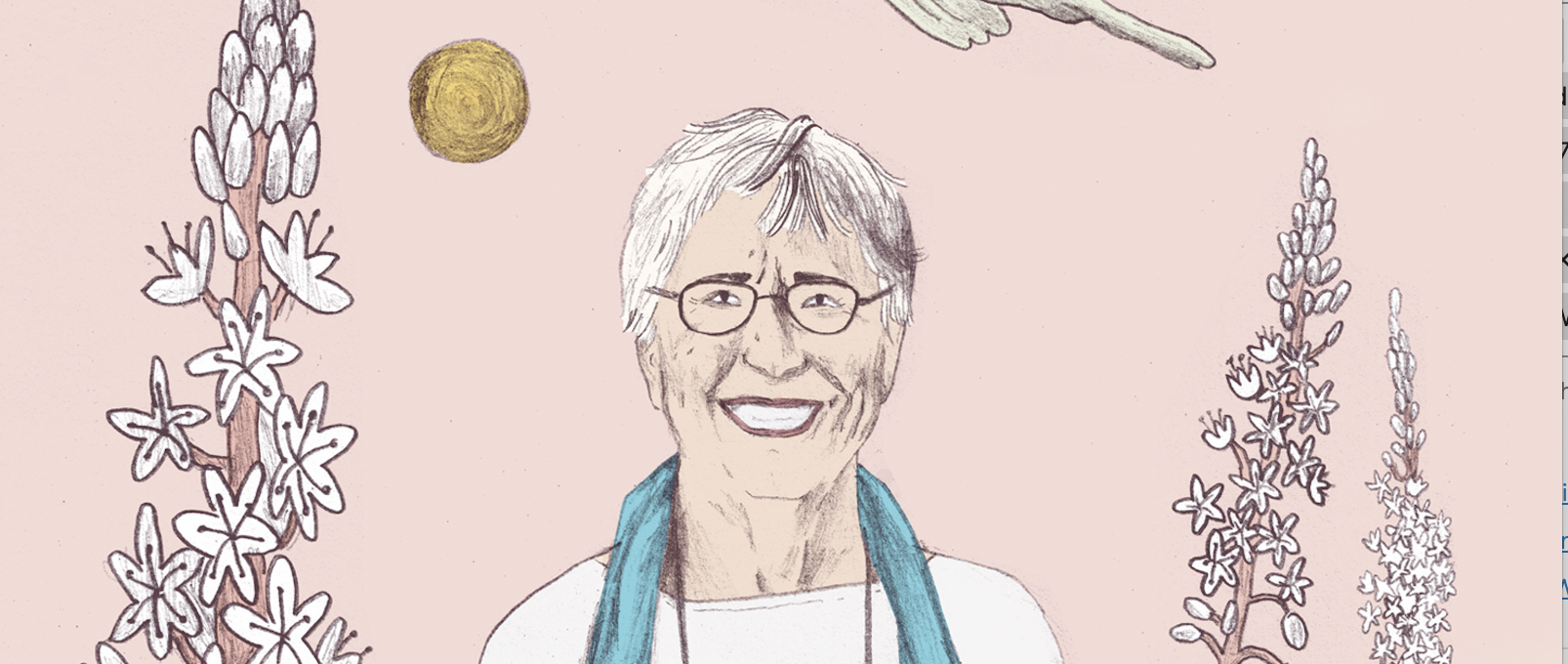
“Dichotomy Is a Response to Trauma”
I am listening to the voices we’ve been hearing around us since October 7, and the feeling is one of dichotomy,” Gilligan says. “It’s us or them, to be or to cease being. This is a period in which a complex approach draws harsh criticism. The feeling that it’s impossible to accommodate complexity—that you’re either with or against us—is becoming far more acute. That dichotomy is a response to trauma. We see this in neurological research: Traumatized people lose their ability to function because the trauma generates a split.
“We are becoming more extreme,” she continues. “I see it vividly at the university: People are incapable of being in the same room with people who don’t think like they do. ‘I support Palestine!’ So that means you feel no empathy for the Israelis who were murdered? ‘I’m for Israel!’ So you don’t care about the bombing in Gaza? I see the children in Gaza, I see what’s left of the kibbutzim located along the border fence, and I am shocked and can hardly believe that it’s 2023.”
The October 7 massacre touched her personally: Vivian Silver, the Canadian-born activist and founder of Women Wage Peace, who was murdered on Kibbutz Be’eri that day, was a close friend.
“Two days before she was murdered, she led a march for peace,” Gilligan relates. “For weeks we thought she had been abducted to Gaza. When we talked about her, we said, ‘She’s probably making peace in the tunnels; she’s talking to those around her and forging connections.’ That was Vivian’s greatness.
Everything she did derived from an effort to create and maintain relationships— between children [from the West Bank and Gaza] who needed treatment for cancer, and those who would drive them to a hospital [in Israel], between a woman from Gaza who is a ceramicist and a woman from Israel who makes soap and who worked together, between a poet and a book maker. She wasn’t afraid.
“Vivian was murdered and burned. It took such a long time to identify her body because nothing remained of her. I have to wonder: How is it possible to live alongside the people who planned and did this? And at the same time I also ask: What brings people to a point where they act this way?”
Carol Gilligan, American psychologist and author of In a Different Voice, interviewed by Yael Hallak in Haaretz, December 15, 2023
ART: EDEN SPIVAK, PORTRAIT OF VIVIAN SILVER, 2023, EDENSPIVAK.COM



